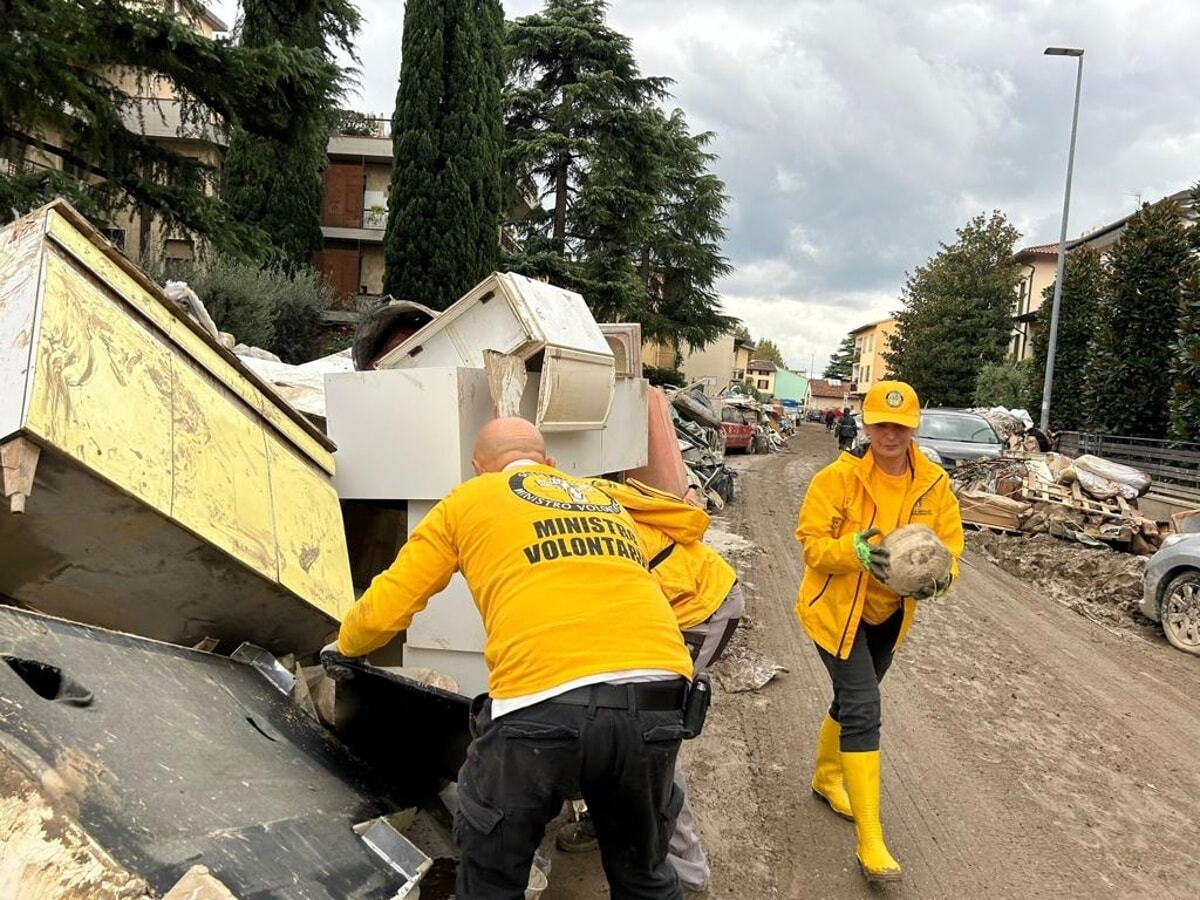She travelled across the US between 31 October and 14 November, from Detroit in Michigan to the Louisiana coast, also visiting Los Angeles, Atlanta and Washington DC.
Ashwini K.P., UN Special Rapporteur on contemporary forms of racism, xenophobia and related intolerance, said following her 14-day fact finding mission that mainstream America was now more aware of systemic racism following the large scale racial protests of 2020 and the positive response from the Biden-Harris administration “to improve racial equality”.
But she also expressed shock at the “mutually reinforcing manifestations of systemic racism” she witnessed.
“These manifestations of racism impacted those from racially marginalised groups at every stage of their lives, historically, systematically and institutionally”, she said in her initial statement.
UN News sat down for an interview with the independent expert after she presented her initial findings at a press conference in New York on Tuesday, telling us “selective amnesia” was an issue in some states when it comes to reckoning with race.
Special Rapporteurs and other Human Rights Council-appointed independent experts are not UN staff, nor do they receive payment for their work. They are independent from any government or organization.
The interview has been edited for clarity and length.
UN News: What was the purpose of your recent fact-finding mission in the US?
Just to give a background, independent experts and working groups on different issues, are assigned to conduct country missions, which are one of our official responsibilities. The US country mission happens to be my first official country mission, and the purpose is majorly to assess the country situation and my mandate covers racism, racial discrimination, xenophobia, and related intolerance.
And therefore, this is an intense exercise in terms of assessing the situation of racism, racial discrimination, and xenophobia in the country, and to critically analyse existing policies and legislation.
And the mission involves an intense interaction with state authorities, as well as Civil Society Organisations, academicians and many others who are working on racism and racial discrimination. I have just completed the country mission and it is too early for me to respond on the conclusion.
But I must say that racism very much persists and has manifested in different forms, and I’ll surely elaborate much more in the report that will be presented next year at the Human Rights Council.
UN News: Has any of what you’ve seen surprised you?
Ashwini K.P: Coming from Global South, from India, the United States is very similar in terms of culture and diversity geographically, demographically as well.
And as someone who has been an activist and being in the space, what surprises me is the resilience that activists here in the US have, the mobilization in terms of raising the issue and how they have reached the global platform and also in terms of research analysis – that advocacy and lobbying.
In this I’m referring to the Black community, the Latino community, Brown and Black people, all the marginalized communities have organized amazingly.
And that surprises me and inspires me.
Disheartened, not surprised
And, in terms of the realities of racism that I witnessed, and the lived experiences of survivors that I heard, rather than surprised, that disheartened me, disappointed me in terms of looking at how systemic racism can impact lives of individuals.
But of course, activism and academia, how they’ve addressed racism in the US has been amazing. And this can be an inspirational space for many oppressed communities across the globe to learn and take this forward.
UN News: Often the US is viewed as being very polarized across many different levels. Do you see that in terms of human rights?
Ashwini K.P: In terms of human rights, I think there are different narratives when it comes to different geographical locations and there is a certain level of selective amnesia, I would say, in terms of human rights that something is more important than the other.
There is this persisting selectiveness when it comes to addressing human rights, that this oppression is more important than the other.
I think that’s where the polarization lies in the very narrative of how human rights is placed, or even advocacy in global platforms. So, I see that very much in the United States and many other parts of the world as well.
But this has kind of created a rift in terms of how human rights can be addressed in a more effective manner, both in domestic and international platforms.
UN News: A lot of people in the Global North have a very Western perspective when it comes to human rights challenges…Do you think that’s a fundamental problem in how people perceive this conversation?
Ashwini K.P: I think it’s very important for many of us to take cognizance of the cultural differences that exist in various geographical locations. And human rights cannot be seen in isolation. That’s extremely important. And the narrative of human rights differs from state to state.
And there are several positive aspects of Western ideas of human rights. Likewise, I think it’s also important to take cognizance of the Global South human rights perspective.
The Global South human rights perspective is much more challenging, much more vibrant, and has several pertinent issues that can be put on the table to discuss. And that is always the space of collaboration when it comes to Global North and Global South and the gap that exist within the human rights narrative between Global South and Global North is something that has caused a lot of tension in terms of addressing human rights.
I think that is something that needs to be discussed. So, we need to build upon these narratives taking into account the political, social, and cultural differences that exist both in the Global South and Global North.
UN News: How do you think social media activism can support racism-related conversations?
Ashwini K.P: Lovely question. And social media is something that is at its peak, and especially with technological advancement.
This has created a lot of space for marginalized communities, oppressed communities, majorly, historically oppressed communities, to express their view, to put their perspectives.
It has provided an immense space for activists and academicians to reach out to people. But at the same time, we have pros and cons of social media and that needs to be taken into consideration.
‘Receiving end’ of hate speech
While activists, youngsters from marginalized communities are quite active, but at the same time they are the ones at the receiving end when it comes to hate speech, when it comes to threat, life threat and many similar issues.
There is this strong connection between freedom of speech and hate speech, and that is something that needs to be recognized.
And I feel social media is something that needs to be protected. And these platforms need strong regulation in terms of what is disseminated. And one of the major worries is dissemination of misinformation and disinformation, which further escalates racism, racial discrimination, hate crimes, xenophobia.
It can be religious intolerance, and therefore, we have as activists, as propagators of human rights, we have to be mindful of what we put in before social media because it reaches out to millions of individuals.
And at the same time taking note of the positive impact that social media narratives can have. I think it is one of the best places where there can be a positive mobilization of activists and academicians and human rights propagators across the globe to make things better.
UN News: And are there any final thoughts you’d like to share?
Ashwini K.P: My final thoughts would be in terms of the country mission, I think I’ve had one of the best experiences in the last 14 days inspiring, challenging, emotional, while I engaged with activists, Civil Society Organisations and many others.
It has been a wonderful experience. I think the moment and the space to take this challenge forward – to eliminate and eradicate racism or racial discrimination – should be taken very positively, in a mindful manner.















